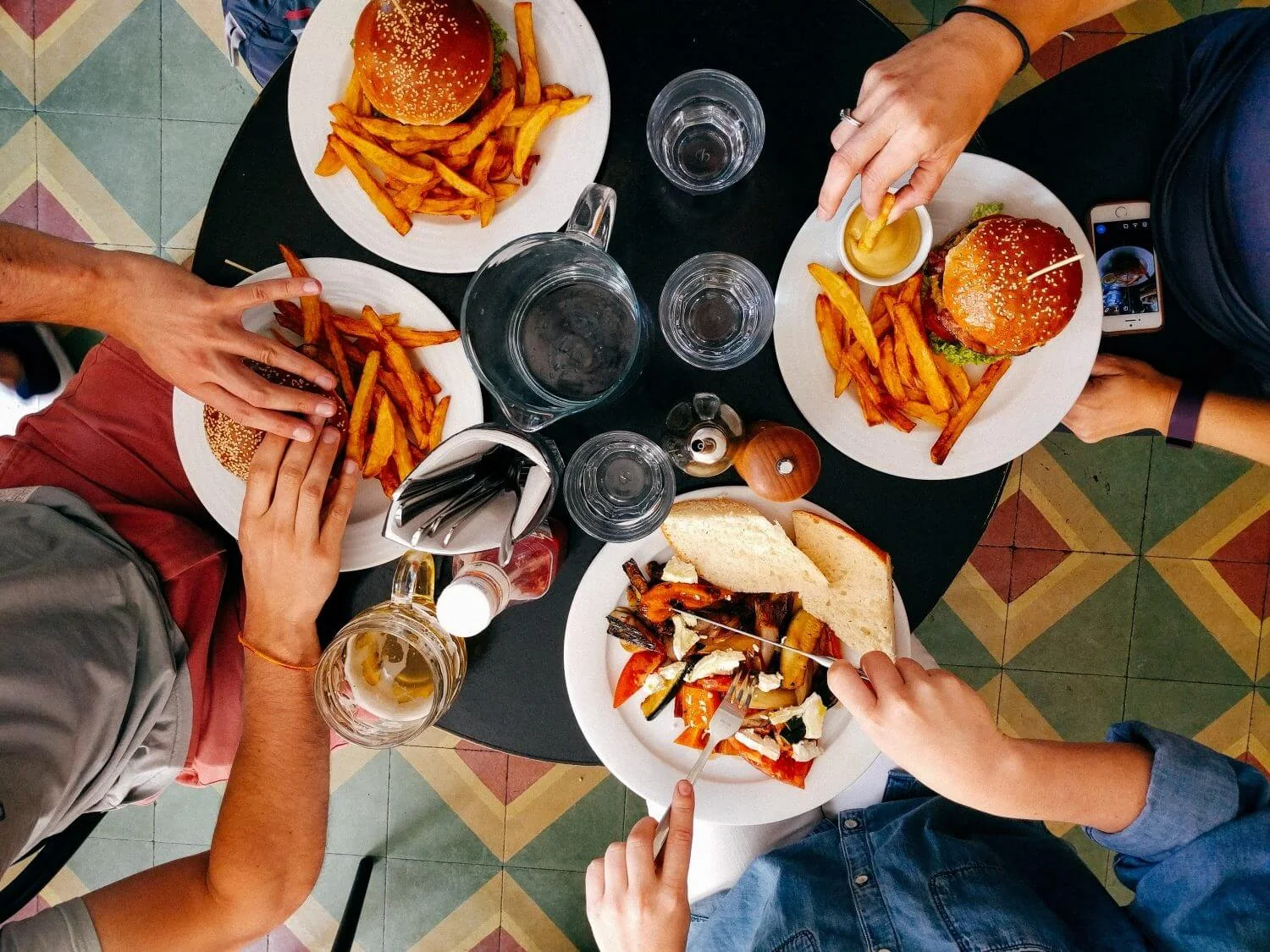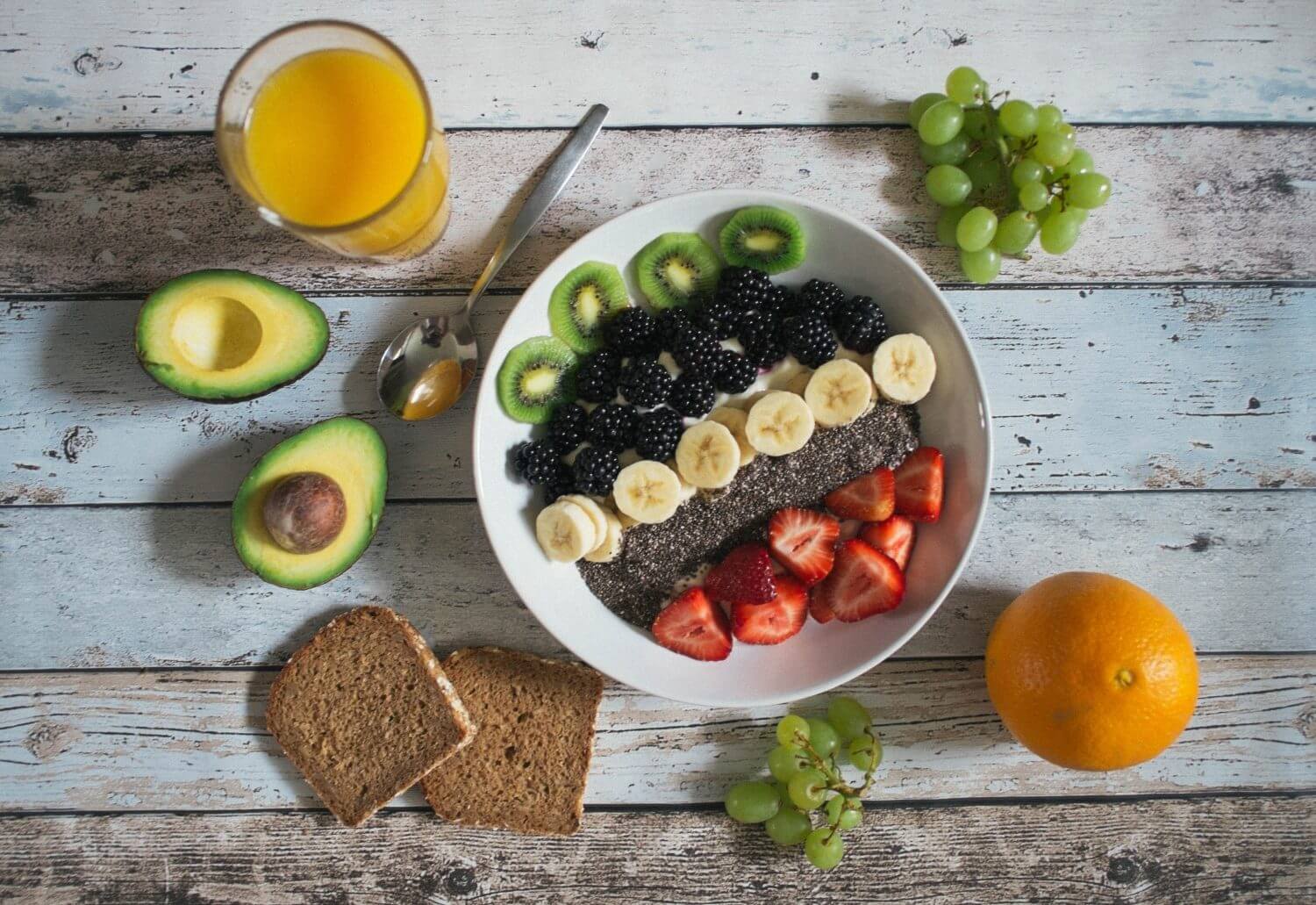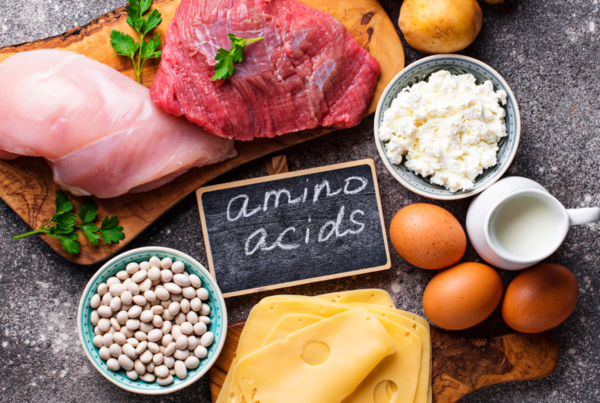EATING BEHAVIORS AND THE BRAIN PART 9
We have made it very clear that your conscious control of eating actually has far less power over your eating behavior than you perhaps previously thought. We’ve talked about the underlying physiological influencers of hunger and what these mean for our eating choices. When we find ourselves drawn to foods we know are bad for us, but can’t stop eating, we recognize that we are dealing with addiction-like cravings that are hard to control. We have to wake up to this reality. Our strong attachments to these foods are not due to our true desires.
This post is very important. This is one to absolutely remember.
Thus far, we discussed how:
-
Your body is designed to signal satiation and satiety;
-
Leptin can signal to your brain that you have adequate fat storage, i.e. stored energy, and;
-
This whole process can be disrupted.
Here’s the major point: it’s certain types of foods that actually disrupt the normal regulation of eating behavior.
Yes, we eat too much, and yes, we eat too frequently. But that is not the primary problem. The primary problem is in the foods we choose to eat, and what they do to our brain and body.
>
“When we find ourselves drawn to foods we know are bad for us, but can’t seem to stop eating, we have recognized that we are dealing with addiction-like cravings that are hard to control.”
Remember this: foods that are hyper-palatable—meaning they taste unnaturally good—and hyper-rewarding—meaning they activate our reward system in an unnatural fashion—are heavy in calories while containing minimal nutrients and fiber. These foods will override your normal stop signals.
These foods are the processed foods, junk foods, fast foods, and foods we think we all prefer. But we don’t actually prefer them.
Why Do I Eat What I Know to be Unhealthy?
You see, early in our lives, we were exposed to them when our brains were developing. It’s no different than if our brains were exposed to nicotine or alcohol or any other addictive substance. Foods that contain these characteristics will trigger your reward system in such a way that it will override any control of eating you thought you had, as well as your body’s natural regulatory functions.
These foods are unnatural. We are not adapted to them. Our bodies adapted to foods that were high in fiber and nutrients, were lower in calories, and were moderate in palatability. High palatability means something tastes really good. Moderate palatability means it still tastes good, just not in an unnatural way. The food industry figured this out years ago, and they began to concentrate certain flavors in food that will trigger your reward system in such a way that you cannot stop eating them.
Now, not everybody is susceptible to these flavors. Our genetic susceptibility to addiction does vary from individual to individual. However, we know for a fact that foods that contain high quantities of fat, salt, sugar, and glutamate, which is a substitute for proteinaceous flavors, trigger the reward system powerfully.
>
“Our genetic susceptibility to addiction does vary from individual to individual.”
There’s a reason for this. Human beings used to deal with food scarcity. Fat was an abundant source of energy. Sugar signified honey and fruit, which was also a good source of energy and nutrients. Salt indicated minerals which are vital for survival. Glutamate flavors indicated protein, which we need. Essentially, we are programmed to binge eat when we encounter these flavors.
Let’s get that clear: we are programmed to binge eat when we encounter these flavors.
Where Is My Willpower?
No natural foods contain all of these flavors in a super-concentrated form. Super-concentrated, meaning we have unnaturally concentrated these flavors. Our reward systems cannot manage that input. We are adapted to binge eat those foods. So when you encounter one of those foods, you will inhibit your willpower, literally turn it off. Not only that, but you’ll also override normal satiation function, meaning you can eat far beyond what you normally would.
You don’t have willpower when you encounter these foods because you actually don’t have willpower. The switch was turned off. I’m going to repeat this one more time:
Unnatural foods are concentrated in flavor elements that trigger your reward system in such a way that you cannot control your own eating behavior.
That’s true for me. It’s true for you. You were exposed to them, as I was, before you were at an age where you would even know what your preferences were. Your brain became habituated to these flavors long before you were making conscious choices about what foods you truly like. These have never been your preferences. You were conditioned to crave them, and it benefited the food industry that sells us a lot of these foods.
Doctor’s Conclusion
Ultimately, we have to tell the truth about these foods for ourselves, our children, and our communities, and we have to create a new future. The good news is that we can.
Throughout this series, we remind you that there is a way out. There is a path of freedom, a path that will empower you to gain control of your eating behaviors and choose the foods that give you health. For now, just remember that as long as we’re exposed to the foods that are concentrated in the reward system flavors—foods that lack fiber and nutrients, and are high in calories—we will overeat, and we will struggle with our health, regardless of our weight.
Are you searching for a more integrated approach to healthcare? That’s what I deliver. If you have questions about a more personalized path to your wellbeing, contact me. You also can like me on Facebook.








